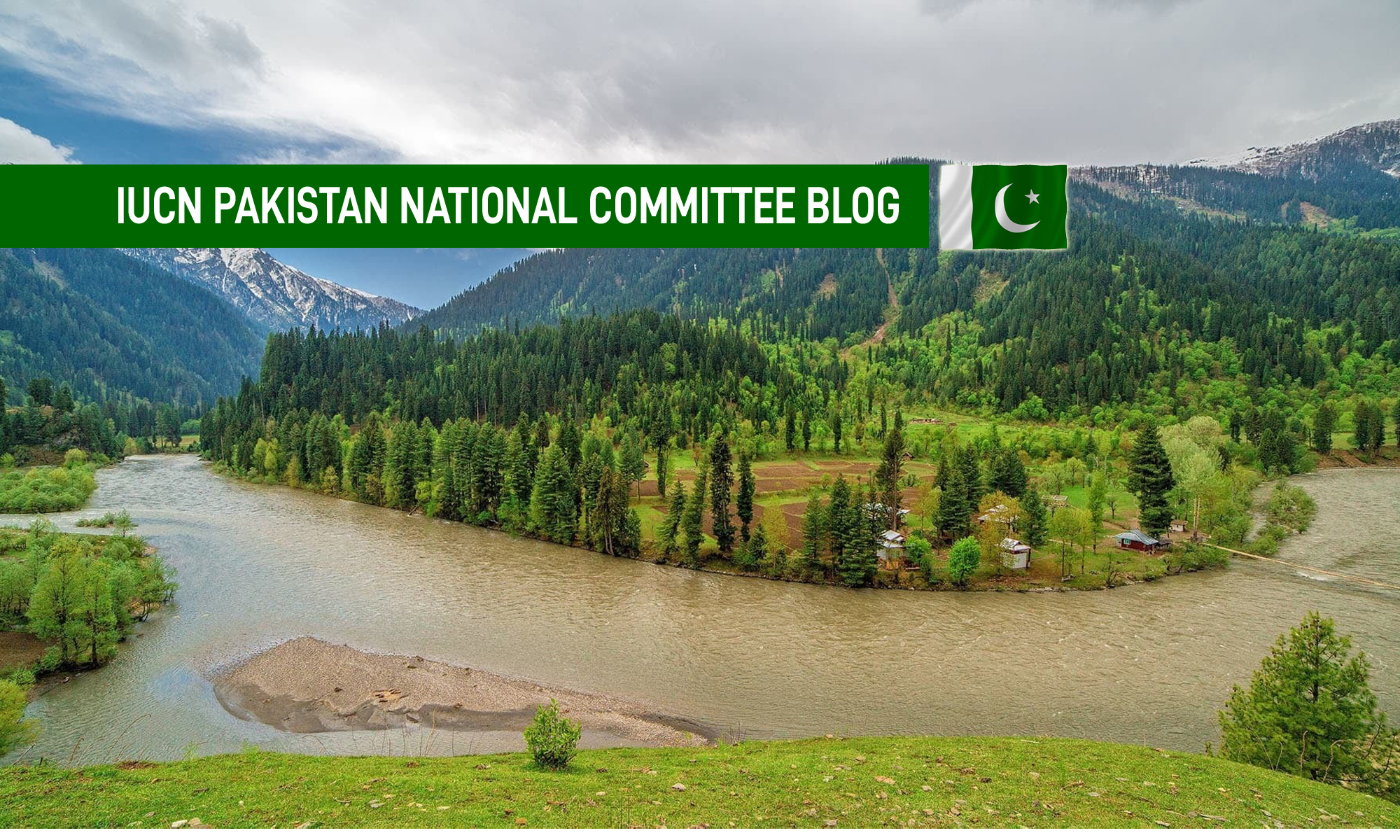Women hold up half the sky…. This is usually said when someone needs to be reminded of the important role they play in life. As a matter of fact, due to the gender roles assigned to them by the society, they shoulder more than half the responsibilities which include the work outside the limited domain of homes which are usually considered to be their area of work.
It is no different for the women who live along the coast of Pakistan, in settlements of fisherfolk in Balochistan and Sindh. As Nature’s nurturers, they have a close bond with the humans in their lives as well as the natural environment around them. They know Nature needs to be taken care of if the humans in their environment are to thrive.
The fisherfolk women shoulder the responsibilities of not only managing households on a daily basis, but are the ones who bear all responsibilities when the men are away for extended periods of time on their fishing expeditions.
IUCN Pakistan, in its projects, engaged with communities along the coast of Balochistan in raising nurseries and protecting the existing plantations. But its engagement went beyond just employing the male members of the coastal community. It could see the difficulties of the women of the community, who had to make a difficult trek to fetch water. Broadening its partnership with the communities, projects mainstreamed benefits that went beyond building a relationship with just one gender so that the entire community could benefit.
Women living in the mangroves ecosystem have different levels of involvement in the care and nurturing of their environment. Their love for the environment stems from a realization of the importance of mangroves as a natural barrier that saves them from ravages of Nature, besides providing them livelihood opportunities.
This understanding of their natural environment can be seen in a small island in the Indus Delta, Dublo Para, beyond Keti Bunder. Here, women and children spend the first half of their day doing their regular chores.
But come evening, and they spread out on the island to collect the mangrove seeds that reach their shores. They help the menfolk employed by IUCN Pakistan as forest rangers and guards in planting and safeguarding them from animal grazing as well as poachers.
Their presence along with their children inculcates a deep respect for the mangrove ecosystem that pays them back for this nurturing by offering up its marine riches to them. When the children spread out across the island with their mothers, they learn the life cycle of a mangrove plant, and develop an understanding of how and when they need to be planted and how they need to be looked after.
This transfer of knowledge and know-how to the next generation strengthens the bond of the new generation with their natural environment, and they in turn become its custodians, taking the traditions of their elders forward.
Then there are women in communities right along the coast in the districts of Thatta and Badin in Sindh where the women are partnering with the Sindh Forest Department to raise nurseries and collect seeds and plants to sell them back through a component of women empowerment. This is being done under The 10 Billion Afforestation Project, which was tweaked to provide ‘green jobs’ as a Covid-19 response alleviation measure.
This has proved to be a huge success as the women were quickly trained, and have already established nurseries that are thriving. They hold out a great promise of a ready stock for the next plantation season, while at the same time raising the economic profile of these women.
They have shown a great mix of interest, commitment and competence and proudly display their participation in this ambitious afforestation programme. This is a clear indication of the value of the inclusion of women in efforts to preserve and restore the natural balance of the ecosystem, for who can understand Nature better than its greatest nurturer… a woman!









